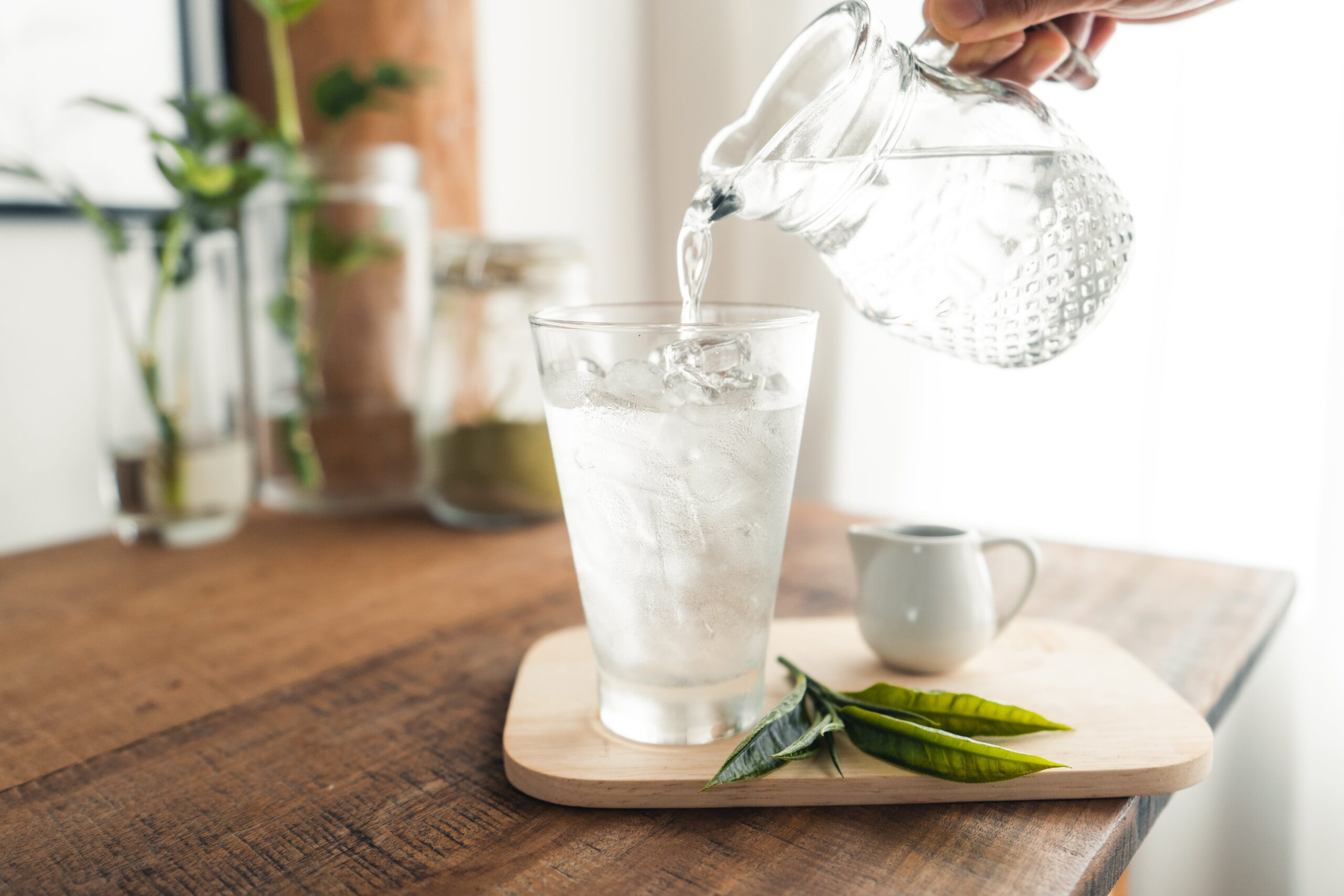
The Importance of Hydration for Seniors
Hydration is vital for senior health, yet the sensation of thirst can decrease with age, leading to insufficient fluid intake. This elevates the risk of dehydration. Water lubricates joints, ensuring smooth movement and reducing discomfort. It is a key regulator of our core body temperature, preventing dangerous overheating or chilling. It is the very medium that allows our blood to flow freely, delivering vital oxygen and nutrients to every cell, from the tips of our toes to the intricate networks of our brain. Depriving the body of this essential element can trigger serious health consequences. In fact, dehydration is a surprisingly common reason for hospitalization among individuals aged 65 and over, highlighting the urgency of this often-underestimated health concern.
Subtle Signs of Dehydration
Dehydration is not always characterized by dramatic, obvious symptoms. It can manifest in subtle ways, affecting an individual physically, mentally, and even emotionally. This is because even a slight drop in fluid levels can cause the blood vessels in the brain and throughout the body to constrict, impacting normal function. It’s important to be vigilant and recognize the early warning signs:
Physical Manifestations:
- Fatigue and weakness: An unexplained drop in energy levels or a feeling of overall weakness can be an early indicator.
- Dizziness or loss of coordination: Feeling lightheaded, unsteady, or having difficulty with balance can signal dehydration.
- Dry mouth and/or a dry cough: While seemingly minor, a persistently dry mouth or an uncharacteristic dry cough can be a clue.
- Headache: Dehydration can trigger headaches as the brain reacts to the fluid imbalance.
- Muscle cramps: The loss of vital electrolytes through even mild sweating, combined with dehydration, can lead to painful muscle cramps.
- Chills or heat intolerance: Difficulty regulating body temperature, experiencing unexplained chills, or feeling excessively hot can be a sign.
- Flushed skin: The skin may appear abnormally red or flushed.
Mental and Emotional Changes:
- Someone who is dehydrated may also exhibit signs of confusion, increased irritability, or unexplained anxiety. It’s important to note that these cognitive and emotional symptoms may be more pronounced in individuals living with dementia, making it even more crucial to ensure their adequate hydration.
Effective Tips to Prevent Dehydration
The good news is that preventing dehydration is often achievable through simple, consistent habits. Incorporating these tips into daily routines can make a significant difference:
- Establish a Daily Goal: Aim for a consistent intake of 6 to 8 glasses of water throughout the day.
- Carry a Hydration Reminder: Keep a water bottle readily accessible and take regular sips throughout the day, rather than waiting until feeling intensely thirsty.
- Hydration Through Diet: Strategically incorporate hydrating foods into meals and snacks. Fruits and vegetables with high water content, such as crisp cucumbers, juicy watermelon, and refreshing frozen fruit pops, can contribute significantly to overall fluid intake.
- Be Observant: Regularly check for the telltale signs of dehydration, such as darker than usual urine, a persistently dry mouth, or any episodes of confusion. Early detection allows for prompt action.
- Enhance the Appeal: Add a slice of fresh fruit, like lemon, lime, or orange, to plain water to enhance its flavour and make water more appealing.
- Mind the Beverages: Be mindful of beverages that can contribute to dehydration. Limit or avoid excessive consumption of caffeine and tea, as these have a diuretic effect, increasing fluid loss.
- Consistent Sipping: Encourage sipping water consistently throughout the day rather than consuming large amounts all at once, which may not be as effectively absorbed.
The Vital Role of Water for Seniors
Maintaining adequate hydration is not just a preventative measure; it’s fundamental to the overall health and well-being of seniors
- Prevents Dehydration and Related Health Issues: Dehydration in older adults is not a benign condition. It can significantly increase the risk of serious complications, including debilitating falls due to dizziness and weakness, painful and disruptive urinary tract infections (UTIs), and troubling episodes of confusion and disorientation.
- Supports Essential Organ Functions: Water is the lifeblood of our kidneys and bladder, facilitating their crucial roles in filtering waste and maintaining fluid balance. Adequate hydration helps prevent the development of UTIs and kidney stones. Furthermore, water is essential for smooth digestion, helps maintain healthy blood volume for efficient circulation, and acts as a vital lubricant for our joints, promoting mobility and reducing discomfort.
- Regulates Body Temperature Effectively: Proper hydration plays a key role in the body’s natural cooling and warming mechanisms. Sufficient water intake helps the body maintain a stable internal temperature, reducing the risk of dangerous conditions like heat exhaustion during warmer months and mitigating the effects of cold exposure.
- Maintains Sharp Cognitive Function: The brain, like all other organs, relies on adequate hydration to function optimally. Proper fluid balance is directly linked to improved cognitive function, including memory, concentration, and reaction time. Staying hydrated can help lessen instances of confusion and disorientation, contributing to greater mental clarity.
- Contributes to Overall Health: The benefits of consistent hydration extend beyond specific organ systems. Staying adequately hydrated can lead to healthier, more resilient skin, an improved metabolic rate, and better overall management of existing chronic health conditions.
Hydrate for health and watch our short, informative video:
https://studio.youtube.com/video/ojQ5N-AOkWk/edit

